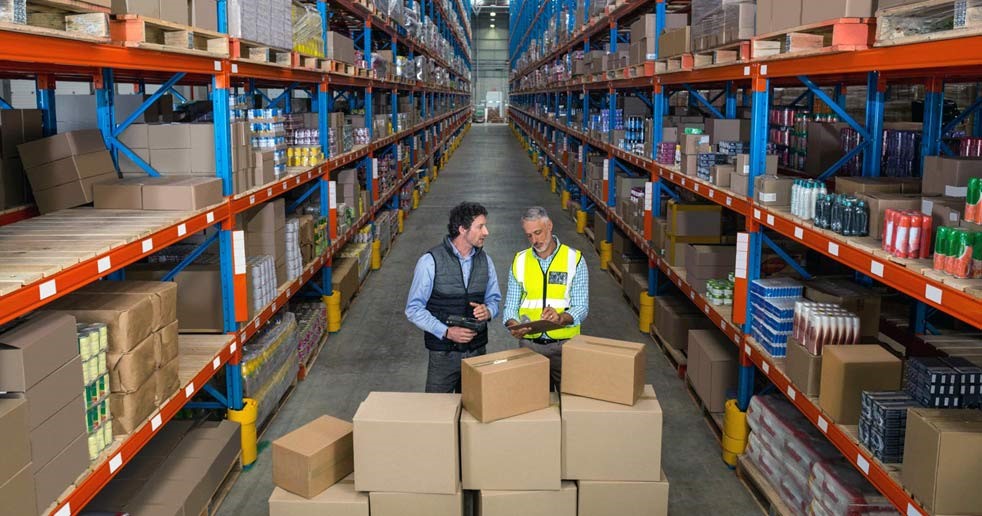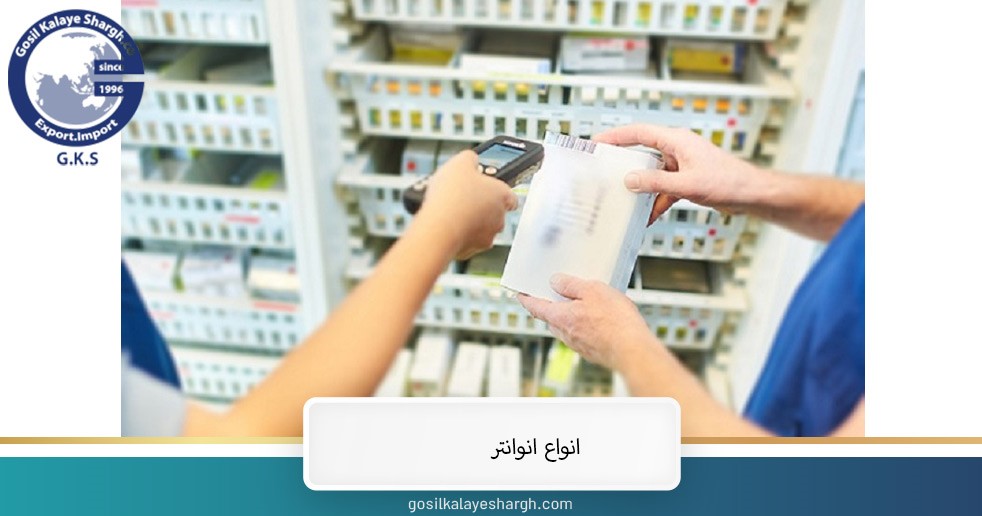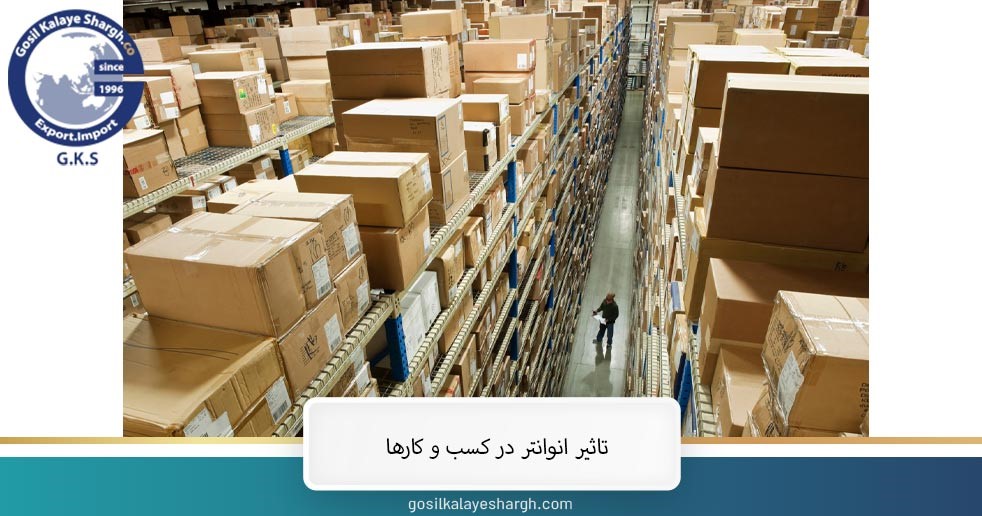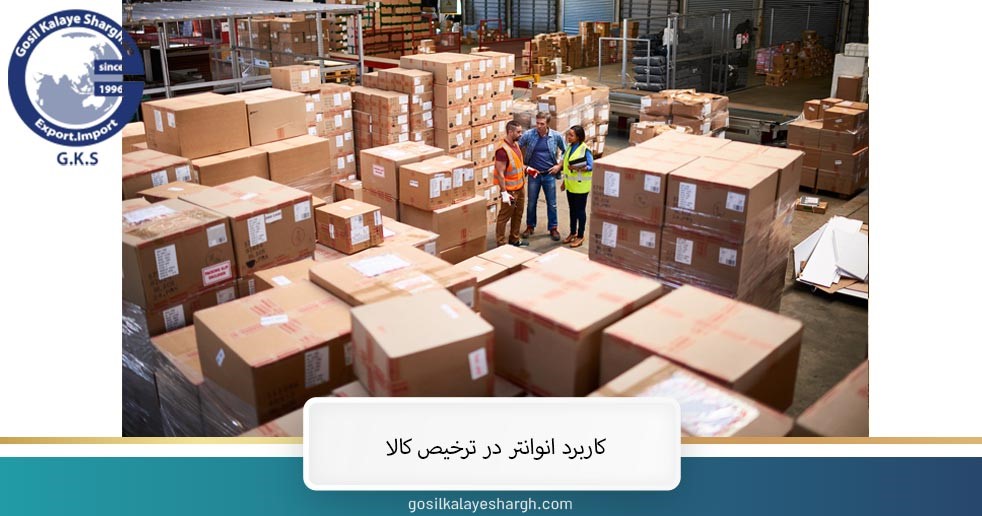More visits are made on imported goods, and with careful monitoring, a more accurate tariff can be determined for traders. Inventory has a wide user level in businesses, especially customs clearance. No goods are allowed to be cleared without receipt. The customs officer must be careful so that this process proceeds correctly and based on the request letter of the goods owner.
Types of inventory
Inventory is done on different products. Customs clearance is responsible for carrying out the inventory in the following ways:
- raw materials
Raw materials are cargoes whose monitoring and inspection are very important. The export and import of these materials are booming and they are often transported with careful processing. These raw materials are processed to produce the final product; In this way, they are the first need of mother industries.
These materials are purchased from a reliable supplier and imported into the country to meet the needs of manufacturing companies. Domestic manufacturers can get the raw materials they need from different suppliers. The international transport company will import the raw materials into the country after a detailed inspection by the customs officer.
- work in progress
Inventory is not only applied to raw materials but also to work in progress. Work in process is when raw materials are not recognized as final goods. Materials that have been processed; But they are not yet ready for the sales stage, they are placed in this stage.
- Buffer stock
Buffer inventory consists of goods stored in the warehouse of a store or factory to compensate for shortages caused by market fluctuations. In this process, you can plan carefully and better predict market movements and fluctuations. This is the best way to reduce unexpected shocks from the market.
- Inventory in transit
Other examples of inventory include transportation inventory. Factory raw materials and finished goods are transit items that move from one place to another to reach the consumer, and strict monitoring should be done on them.
- Final goods
Another type of inventory is related to finished goods. These materials are processed and sent to the market for sale. The final products have passed all the stages of production and their quality is well controlled. Inspection and registration of these goods has made them reach consumers with high quality.
- MRO inventory
This inventory is related to manufacturing industries. The items that are introduced to the market under the name of MRO play a significant role in the daily activities of companies and they can be used for the maintenance and repair of machinery and equipment. Such efficient tools must be inspected after production to ensure their quality. Bolts, lubricants, coolant, gloves and clothing are all part of MRO products.
Advantages of inventory management
Inventory management means careful inspection and monitoring of export and import goods, which brings the following advantages for merchants:
- Prevent lost goods
When imported goods are processed, nothing is lost from them; Because the owner of the goods will have accurate statistics of the shipment. Carrying out inventory management effectively prevents the wastage of goods and reduces the risk of fraud to a great extent.
- reduction in costs
Other benefits of inventory management include cost savings. If the inventory is checked properly, the goods will not lose their expiration date and industries can easily use them.
If the management is not done correctly, the unnecessary waste left from the products will cause the owner of the product to suffer losses. With accurate processing, it is possible to transfer the materials whose expiration date is running out to the production cycle faster. Goods that have high maintenance costs should be identified and managed.
The impact of inventory in businesses
Inventory has an impact on all businesses and can help a lot in better management of goods. With the help of inventory, manufacturing industries can always update their inventory and reduce the cost of maintaining high-cost materials to a great extent.
Inventory is the main asset of any business and it is important for business owners. You can process your inventory better by knowing the different inventory methods. Industries that depend on raw materials for production need monitoring and management and identification process so that their raw materials are always available.
Stored goods in factories and stores are always identified and checked to compensate for consumer shortages during market fluctuations. All final products produced in factories must be monitored by the inventory so that they are available to customers with high quality.
What does inventory management mean?
Inventory management in inventory means monitoring and checking warehouse inventory. This process is a bridge between the producer and the consumer. By managing his inventory, the seller tries to always increase the inventory level of his goods and respond to the customer’s needs in the shortest possible time. If the management is done correctly, the goods that have an expiration date will be transferred to the consumption cycle faster.
If a product is running out of stock, it can be easily recharged. Knowing the inventory of goods and products is the most important advantage of the inventory that is used in every business. If you do not have a proper understanding of inventory in your business, it will be difficult for you to manage it.
With an optimized inventory management, you can process your inventory in the shortest possible time. The management allows you to have a detailed plan to determine the time of placing the order and the number of orders. All companies need inventory management to control their costs in the best way.
Application of inventory in goods clearance
The goods that enter the customs must go through various stages for clearance, the most important of which is inventory. The inspection, visit and confirmation of goods by the agent is considered the most important stage of clearance. Inventory plays the most important role in the clearance process; Because no goods can be cleared from the customs warehouse without inventory management.
The customs officer has the duty to check and monitor the goods in the warehouse and provide the warehouse with a list of the volume and type of goods. The owner of the goods is present at this time to receive his cargo without any defects. Inventory is essential in clearance and can prevent the loss of goods. If your cargo has a high material value, the sensitivity in inventory management increases.
After careful monitoring, product specifications such as package weight, material, type of product, quantity and number are accurately recorded on the package. Another copy of this document is provided to the storekeeper. The inventory is visited upon the request of the goods owner and written request and presentation of ownership documents. This step has its own rules and is done with the necessary permissions.
The concept of inventory in the clearance process
In the inventory clearance process, the inventory is a complex concept that the customs officers have sufficient knowledge of and go through all its steps according to the law and regulations. The most sensitive stage of goods clearance is its inspection and supervision, which can create confidence in the integrity and health of the goods in the owner of the cargo, the customs officer and the buyers.
The owner of the goods or his legal representative has the right to inspect his goods with the consent of the customs officer. It is possible for him to confirm the weight and contents of the products. If the goods are damaged during the visit, the responsibility lies with the owner of the goods. The concept of inventory is well visible in the clearance process and its sensitivity is palpable.
final word
Inventory is a complex and time-consuming process, and product owners need advice and guidance to do this. Our active experts are always available to you on the Ghasil Kala Shargh site so that this path will be smoother for you and you can complete the inventory in a completely legal manner and with the necessary permits. The inspection and monitoring of imported goods has received attention in recent years due to its many advantages. Inventory prevents the loss of goods and the losses of traders and merchants.






